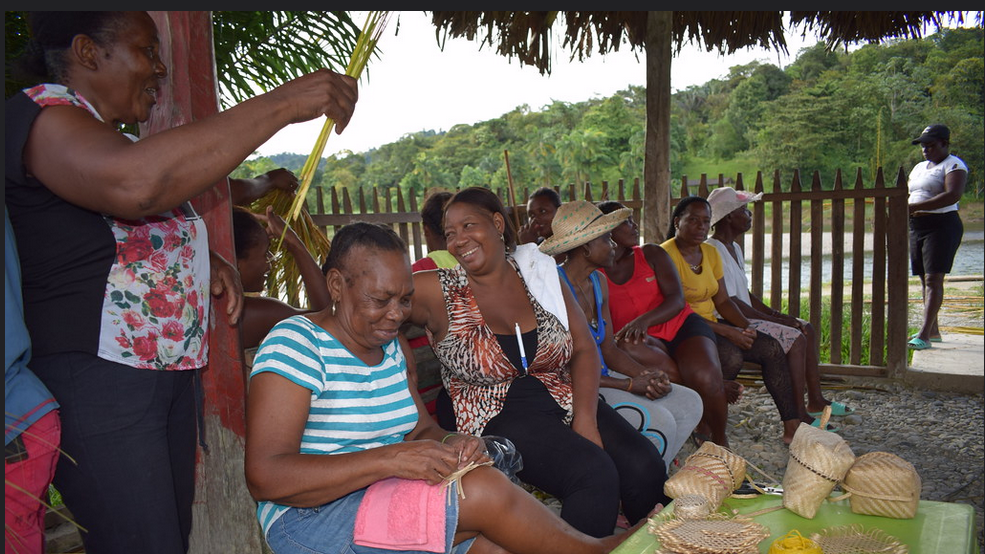Forestry and agroforestry systems are not gender neutral. It has been widely documented that women, for a number of cultural, socio-economic and institutional reasons, are often disadvantaged in terms of access and control over forest resources and the availability of economic opportunities. Gender gaps also exist in terms of women's overall well-being and that of their families, especially in terms of food security.
Men and women also relate differently to the forest; they use forest resources in distinct ways and have specialized knowledge of forest ecosystems and management practices. For example, women play important roles in agroecology, ensuring family food security, the use of medicinal plants, handicraft production and transmitting forest knowledge to the next generation. On the other hand, men often work as entrepreneurs, employees in extractive industries, such as timber, and as farmers of cash crops and livestock. These pursuits may generate cash income, but are often drivers of deforestation and degradation.
In Colombia, gender equality is one of the principles of the REDD+ National Strategy, which highlights the importance of contributing “to achieving equality between men and women in terms of sustainable agricultural production, sustainable forest management and comprehensive rural development.” In this regard, gender mainstreaming is key to complying with REDD+, as well as to reducing the gender gaps between men and women in the forest and climate change sectors.
Community forest management: a catalyst for gender-sensitive approaches
In Colombia, community forest management activities became a catalyst for the development of gender-responsive approaches. Starting in 2018, Colombia’s Ministry of Environment and Sustainable Development (Minambiente), FAO and the EU Sustainable Local Development Programme have been supporting community forest management processes in eight departments of the country: Antioquia, Bolívar, Cauca, Chocó, Huila, Putumayo, Tolima and Valle del Cauca. During this phase, several new gender mainstreaming tools were generated:
· Checklist for gender-sensitive workshops (link )
· Guidelines for participatory community forest monitoring in Colombia, in collaboration with the National Forest Monitoring System (link )
· Practical field guide on how to mainstream gender in forestry (link )
· Publication: “Development of gender-sensitive value chains” (link )
The development of these tools was led by the Government of Colombia and FAO within the framework of the UN-REDD Programme. Community forest management results showed that the adoption of a gender-responsive approach gave men and women a unique opportunity to dialogue. The skills and capacities related to gender-responsive approaches were integrated and recognized as a key to achieving sustainable forest management.
Results that will last forever
According to the project team, as well as participants, the main results included: the identification of a social baseline recognizing elements of gender discrimination, as well as the needs and strengths of men and women in relation to the community forestry process; an increase in female participation and representation in local decision-making; a clear way forward when it comes to community decision-making with a gender-responsive approach.
Documenting and sharing life stories and traditional knowledge, especially between older and younger generations, have also helped communities and other partners recognize the different roles played by men and women in the protection of forests and natural resources.
These results are currently being documented and shared in various ways, from publications to online discussions. One such exchange took place last year as part of the International Day of Rural Women, as well as at a recent online event where there was a discussion about the myths and realities faced by women from different forestry sectors. Addressing gender issues continues to be one of the top priorities for Colombia’s REDD+ programme.





